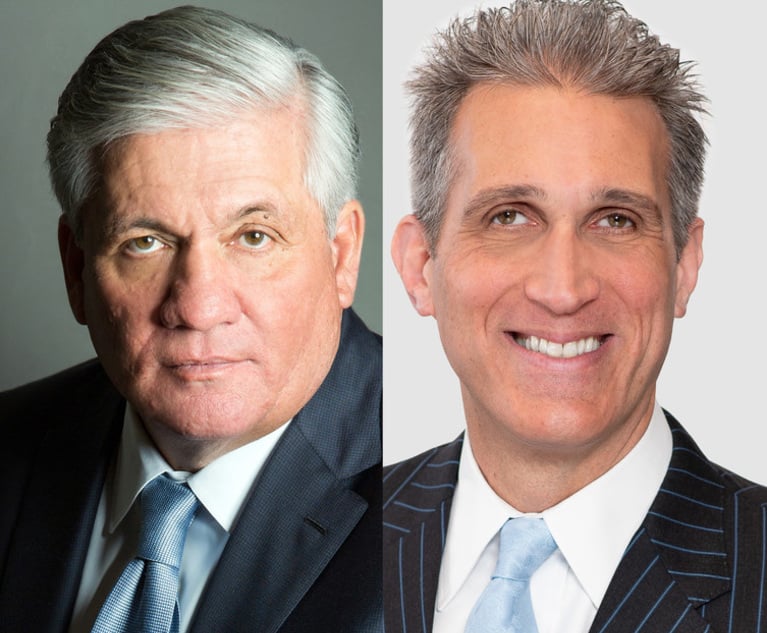A cardinal principle for lawyers is that words count. A closing argument may run afoul of the law when “I believe” slips in; a case may be overturned when a judge ad-libs a jury instruction; and of course a jury may be misled when words are incomprehensible—the bane of most jury instructions—or simply dead wrong.
But words count only if and when lawyers listen, digest and analyze what is being said. If they glaze over, particularly during the charge to the jury, fundamental constitutional error may occur and a client improperly convicted. And this failure to listen, dissect and object occurred repeatedly in homicide trials in Philadelphia on that most important if elusive principle—the definition of “proof beyond a reasonable doubt.”


 Jules Epstein
Jules Epstein




